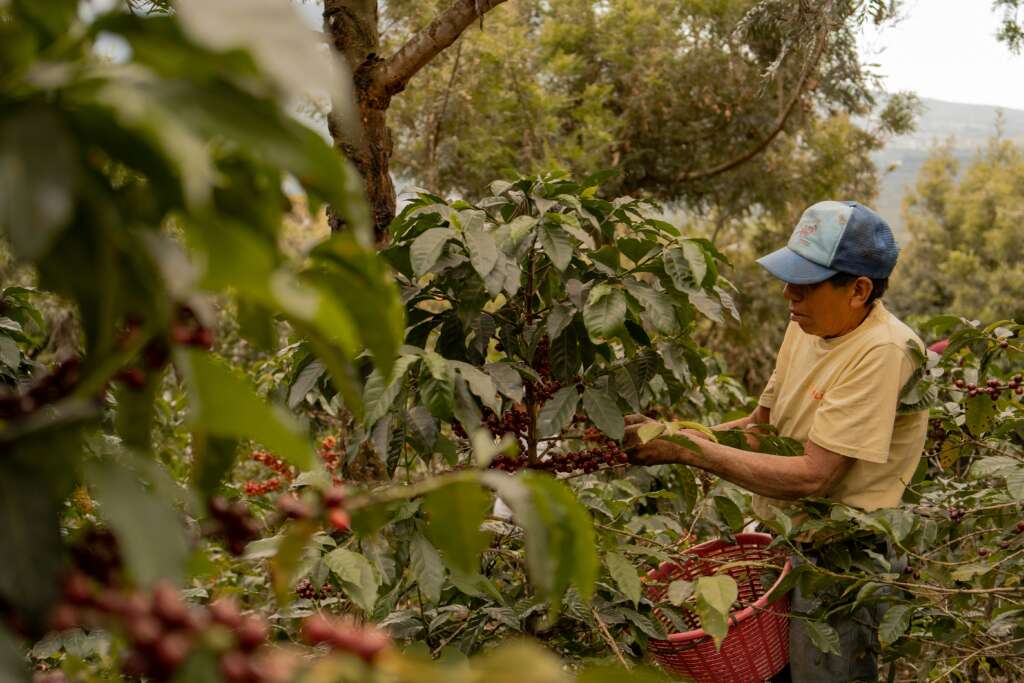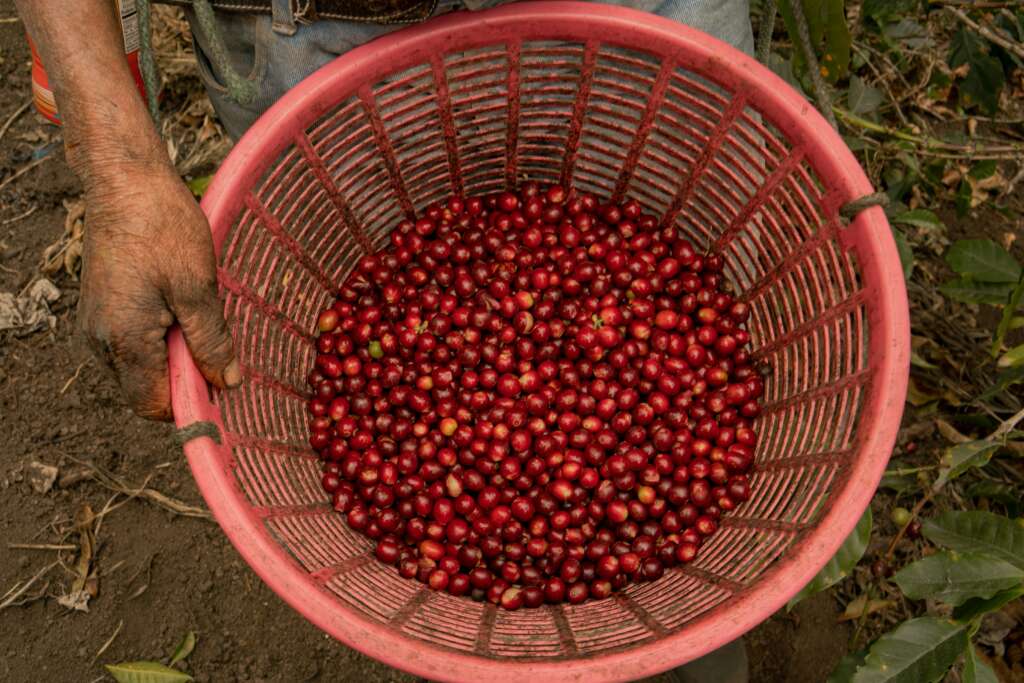For countless Irish coffee lovers, the day isn’t complete without that first perfect sip. Yet every cup has a story that spans thousands of miles and leaves a measurable environmental footprint.
From the farms where the beans are grown, to the energy used in roasting and brewing, to the disposable cups we throw away, our daily routines have environmental consequences.
The good news is that a few small, smart choices can make your daily brew far gentler on the planet. With just a few simple choices, you can enjoy great-tasting coffee and support a healthier planet and a more sustainable Irish coffee culture at the same time.
Here are our top tips:
-
-
Choose your beans
-
Sustainability starts long before the kettle boils. Look for Fairtrade or Rainforest Alliance labels, which help ensure farmers are paid fairly and that farming protects biodiversity. A growing number of Irish roasters offer transparent sourcing, often using single-origin beans; beans that can be tracked to a specific farm, region, or cooperative, which makes it easier to track how the coffee was grown, what environmental practices were used, and whether the farmers are paid fairly.
-
-
Shop local
-
Buying from Irish roasters and independent cafés means you support local businesses and it reduces carbon miles. Many cafés in Dublin, Cork, Galway and Limerick roast their own beans or buy directly from sustainable farms.
And when buying your beans, try to bring a reusable tin or bag, to cut down on packaging.
-
-
Reuse and reduce
-
Ireland disposes of around 200 million single-use coffee cups every year; about 528,000 a day. The fix is simple: carry a reusable cup. Websites like Conscious Cup can direct you to cafés, many of whom reward you with a small discount, where you are welcome with a re-usable cup.
Home-brewers can also go greener by switching to compostable or refillable pods. Irish brands like CoffeeBee offer biodegradable options compatible with popular machines.
-
-
Brew smarter at home
-
Not all brewing methods are equal. A French press or pour-over setup creates minimal waste, while also delivering excellent flavour. Only boil the water you need—it saves energy over time. And don’t toss the coffee grounds: they enrich compost, deter garden pests and even help neutralise bin odours.
-
-
Try planet-friendly milk
-
Dairy milk has a much higher carbon cost than most plant-based alternatives. For example, producing 1 litre of cow’s milk emits about 3.15 kg CO₂e, while oat milk is around 0.9 kg CO₂e, and almond milk closer to 0.7 kg.
It’s also water-intensive: dairy requires an estimated 628 litres of water per litre produced, but oat milk only needs about 48 litres, and almond milk about 371 litres. Choosing oat or almond milk can really shrink your coffee’s climate footprint.
Why these choices matter
Coffee is one of Ireland’s most‑loved drinks: according to a national survey, about 62% of Irish adults drink coffee, and many (around 63%) have at least two cups a day.
That popularity adds up. Producing 1 kg of green coffee can emit 9.5–15 kg CO₂e depending on how sustainably it’s grown.
The average cup of coffee is responsible for between 0.4kg and 0.55kg of carbon dioxide (CO2). Meanwhile, we discard an estimated 200 million disposable coffee cups in Ireland every year, according to the Environmental Protection Agency.
But that also means we hold the power to shift things: Simple changes in your daily coffee routine can make a real difference for the environment, one cup at a time.


